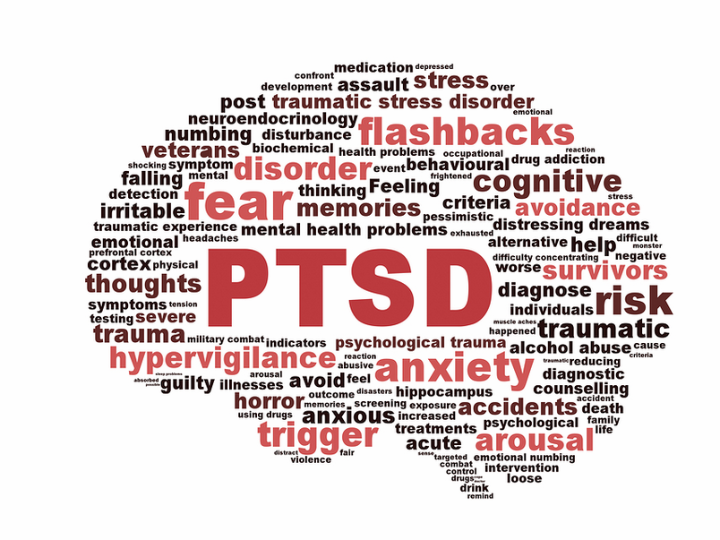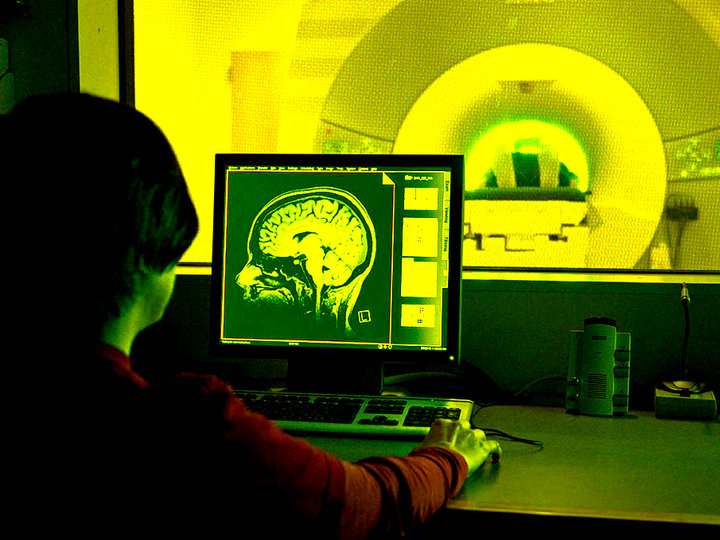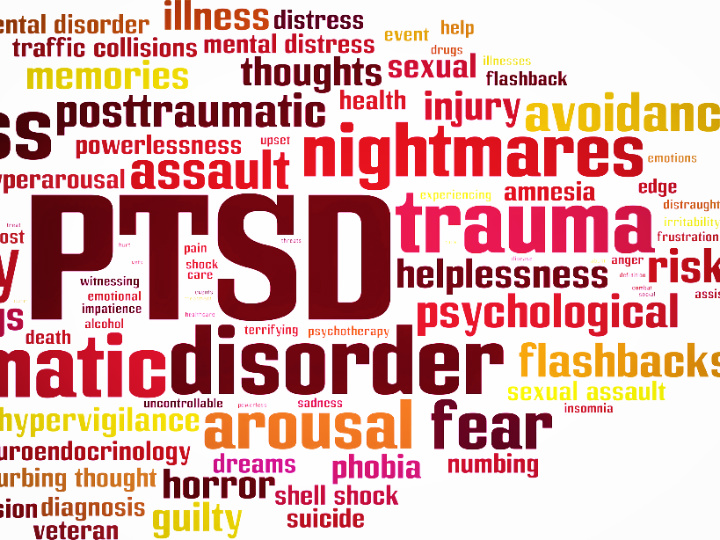Negligent not to offer a trauma-focused psychological treatment
Imaginal prolonged exposure is a powerful process for both therapist and client. It results both in reduced distress and in greater understanding of what happened and why. “Putting the pieces of the jigsaw puzzle together” is crucial to recovery and has long been recognised as an effective treatment. Early variationsContinue Reading









